The recent passing of former US President Jimmy Carter on December 29, 2024, has prompted widespread praise for his post-presidency humanitarian work. His efforts have rightfully earned him recognition as a peacemaker and global advocate for human rights. Carter’s efforts after leaving office earned him the Nobel Peace Prize in 2002. Democrats and Republicans alike have lauded them.
However, this acclaim should not obscure Carter’s presidency itself. Despite Carter’s declaredly moral stance, his administration was marred by contradictory foreign policy decisions.
Carter’s successes in and out of office
Carter’s presidency did have several positive achievements. His human rights policies resulted in the release of political prisoners in several countries. His administration pushed for nuclear arms control, notably through the Strategic Arms Limitation Talks II (SALT II) treaty; although it was never ratified by the Senate, it represented a significant step in reducing the threat of nuclear war. Carter also worked to improve relations with China, successfully negotiated the Panama Canal Treaty of 1977 and avoided military conflict during the Iranian hostage crisis. Considering the tensions of the period, the latter was a remarkable feat. In 1978, he helped broker the Camp David Accords between Egypt and Israel.
After leaving the White House in 1981, Carter embarked on a path of active diplomacy, engaging in peace talks and humanitarian projects around the world. He facilitated efforts to eradicate the horrific Guinea worm disease in West Africa and spoke out against human rights violations wherever they occurred. His efforts to build affordable housing through Habitat for Humanity also demonstrated his long-standing commitment to social justice. This post-presidential work remains a cornerstone of his public legacy.
Carter’s moral compromises as president
Despite his achievements, Carter’s actions abroad during his presidency present a stark contrast to the ideals he later championed. His tenure from 1977 to 1981 was defined by a series of decisions that, though well-intentioned, often contradicted the principles of peace, international law and human rights.
Despite his moral rhetoric, his administration engaged in policies that enabled authoritarian governments and military dictatorships. Carter’s decision to increase military aid to Indonesia in 1977, for instance, is a glaring contradiction. Indonesia had invaded and annexed East Timor, and the Indonesian military was responsible for numerous human rights atrocities. Under Carter, US military aid to the Indonesian regime increased by 80%, with the provision of OV-10 Bronco counterinsurgency aircraft that killed tens of thousands of East Timorese civilians.
Similarly, Carter’s support for Morocco’s illegal annexation of Western Sahara and his efforts to restore military aid to Turkey after its 1974 invasion of the Republic of Cyprus stand out as decisions that were in direct defiance of international law and United Nations resolutions.
In addition to supporting authoritarian regimes, Carter’s administration failed to act on numerous human rights abuses happening around the world. One notable example is his administration’s stance on apartheid-era South Africa. Despite public condemnation of the regime’s racial policies, Carter vetoed multiple UN resolutions that sought to impose sanctions on the apartheid government. This failure to take meaningful action against South Africa’s occupation of Namibia and its apartheid system was a significant shortcoming of Carter’s foreign policy. It was only after Ronald Reagan succeeded Carter that the US government shifted to a more robust stance against apartheid. The move gained broad bipartisan support in Congress.
Carter’s handling of the Palestine issue further exemplifies the tension between his stated principles and his actual policies. Although he publicly supported the idea of a Palestinian homeland, he failed to openly support an independent Palestinian state and refused to even meet with Palestinian leaders. He failed to pressure Israel to stop expanding illegal settlements in the occupied West Bank, even after the Israeli government violated the terms of the Camp David Accords.
Instead, Carter’s administration dramatically increased military aid to Israeli Prime Minister Menachem Begin’s right-wing government. He dismissed calls for stronger action against Israeli occupation. In a particularly controversial move, Carter fired his ambassador to the UN, former Congressman and Civil Rights leader Andrew Young, after Young met with a Palestinian representative at the UN.
Carter’s policy toward Central America also reveals a troubling disregard for human rights. In El Salvador, the military junta waged a brutal campaign against leftist insurgents and civilians. Carter continued to provide military aid to the Salvadoran government despite widespread reports of human rights violations, including the assassination of Archbishop Oscar Romero. Carter’s failure to recognize the severity of the situation and his continued support for the Salvadoran regime drew sharp criticism from human rights advocates.
Carter also authorized military aid to General Mohammad Zia-ul-Haq in Pakistan, King Fahd in Saudi Arabia and Ferdinand Marcos in the Philippines. Moreover, Carter’s covert support for the mujahideen in Afghanistan, designed to counter Soviet influence, contributed to the rise of Islamist extremism and laid the groundwork for decades of instability in the region.
As we reflect on his legacy, we should remember both the shortcomings of Carter’s presidency and the extraordinary contributions he made to global peace and justice in his later years.
[Lee Thompson-Kolar edited this piece.]
The views expressed in this article/video are the author’s own and do not necessarily reflect Fair Observer’s editorial policy.






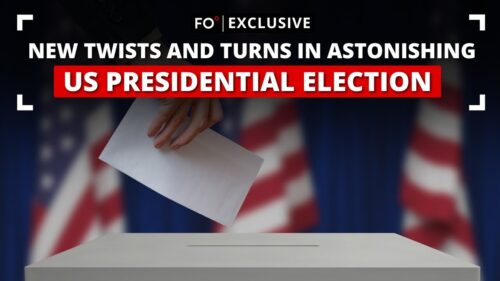
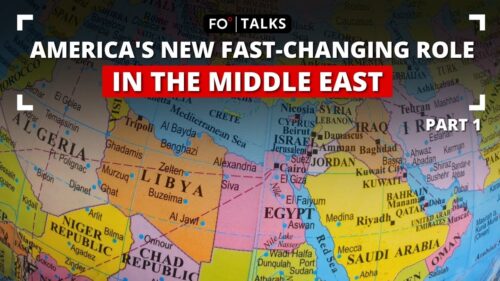
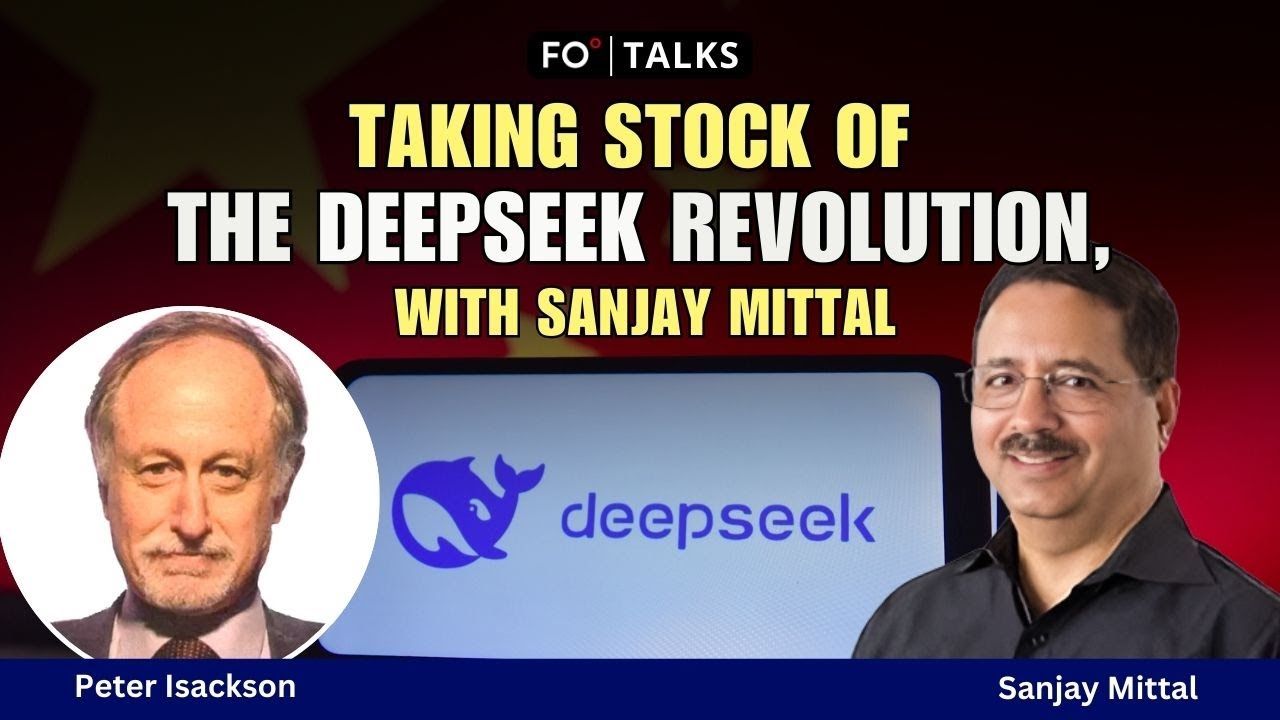

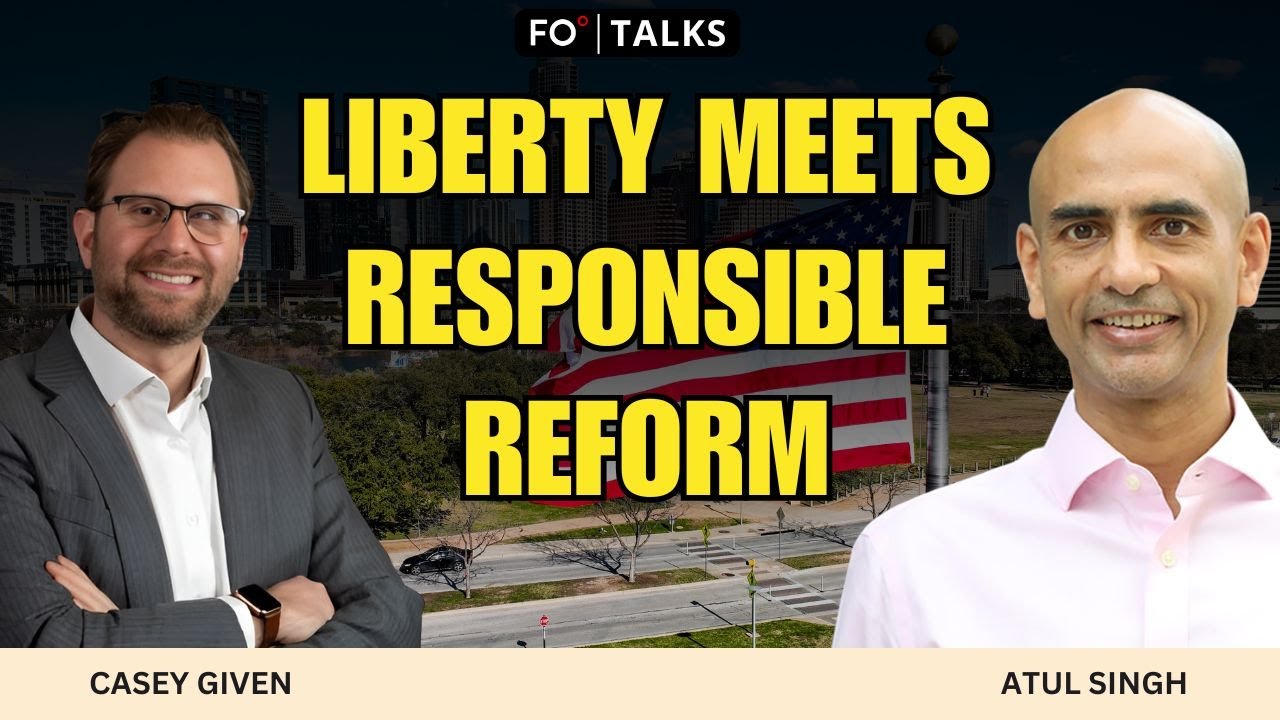





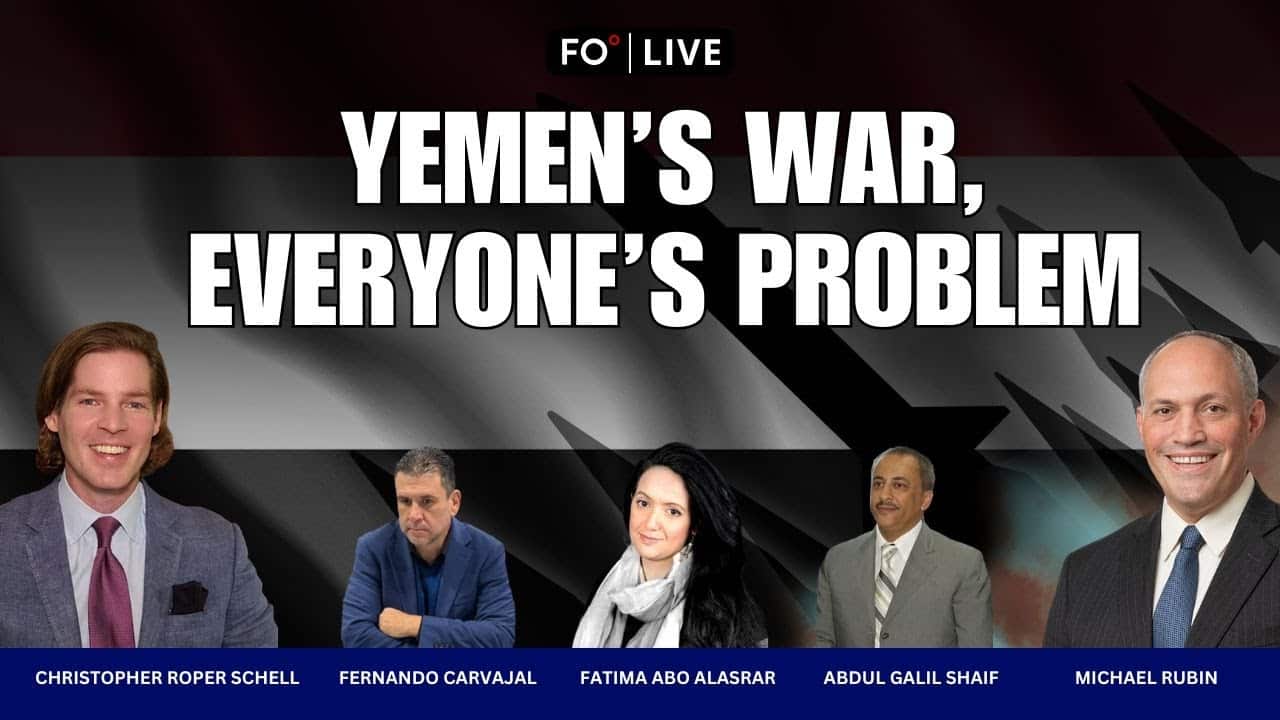




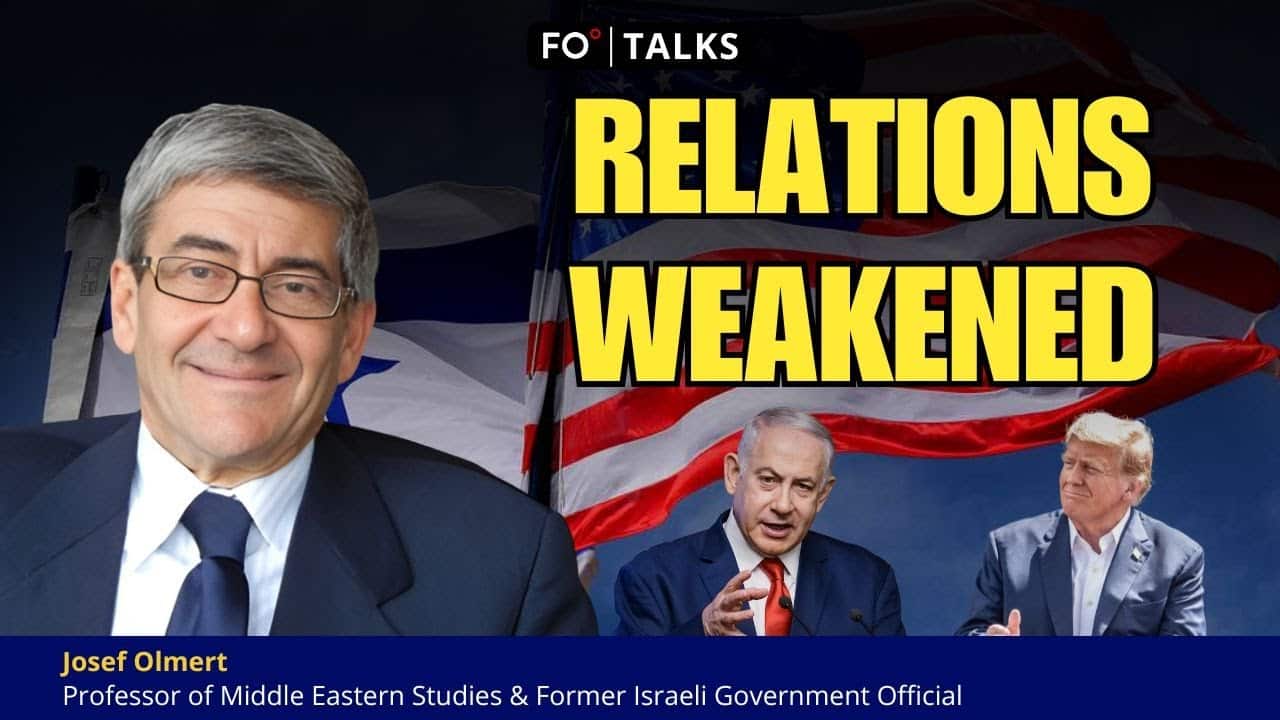



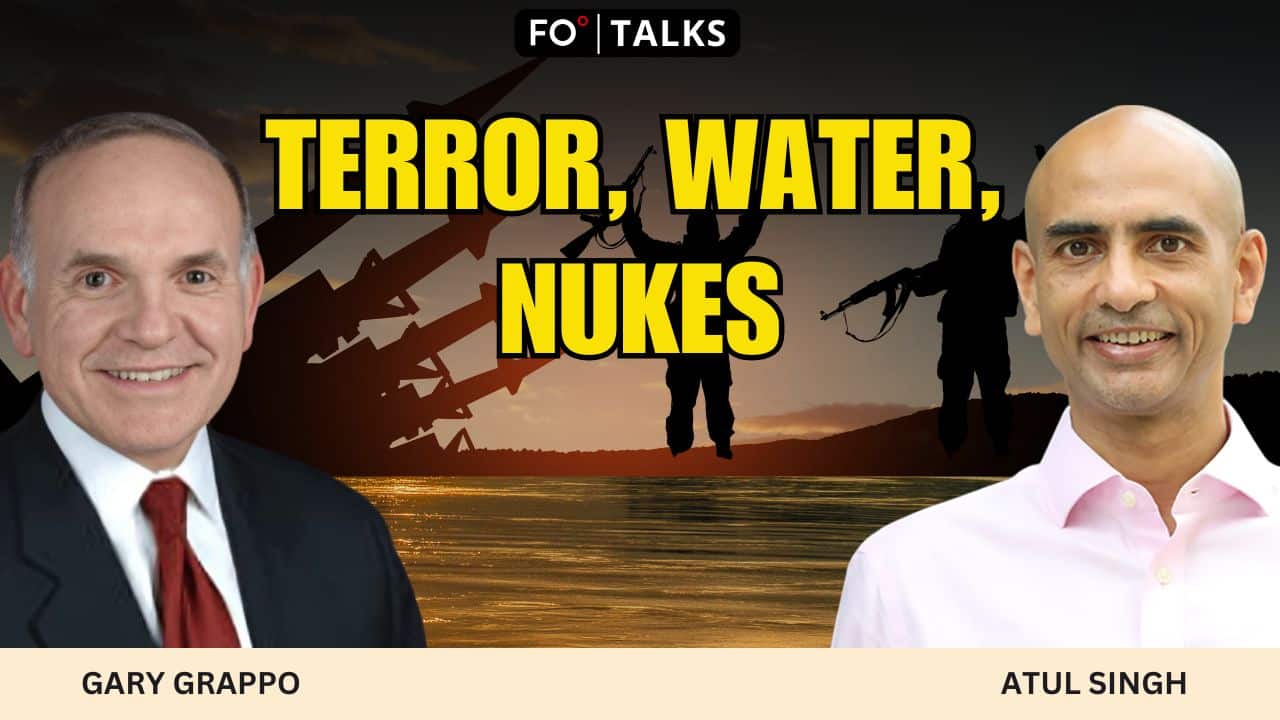



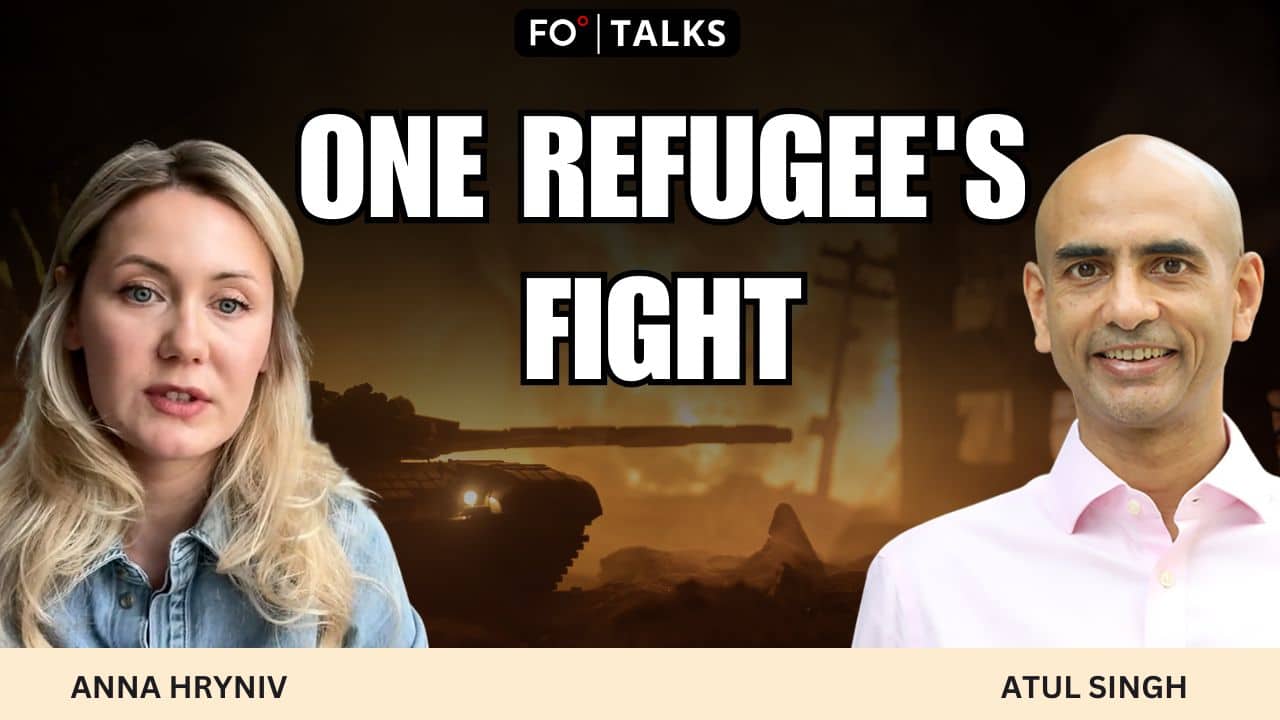

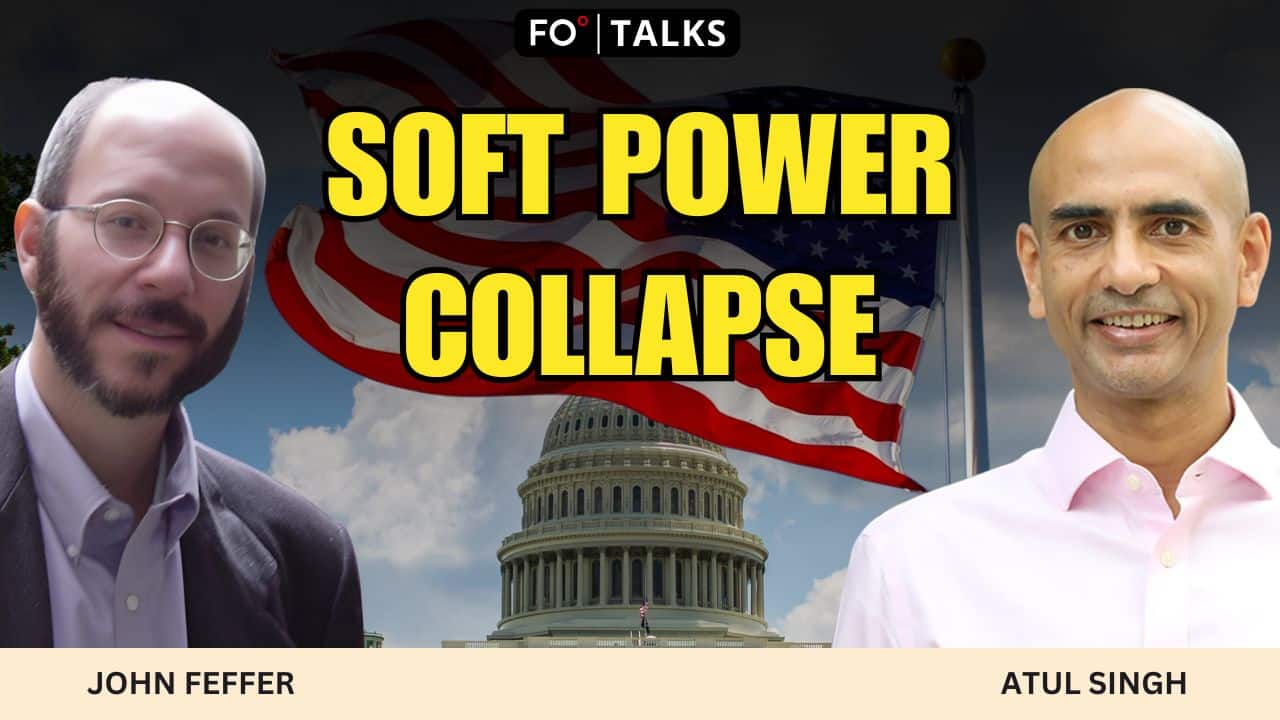



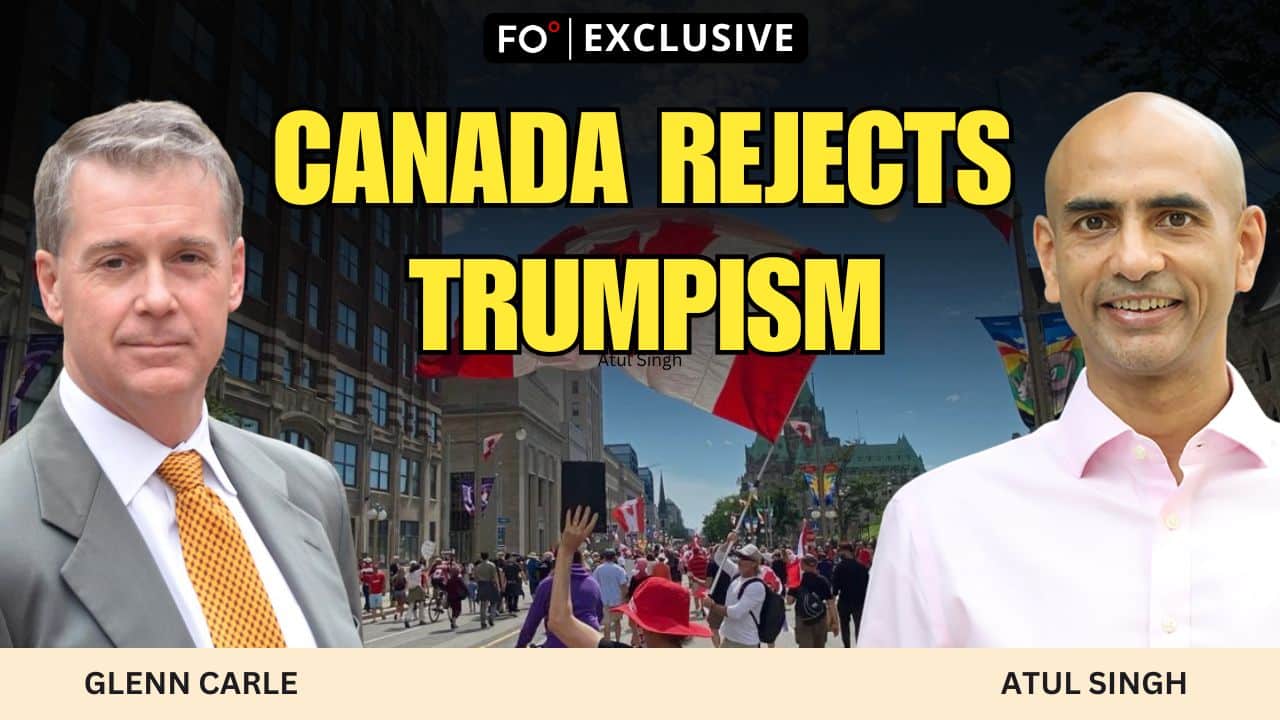






Comment